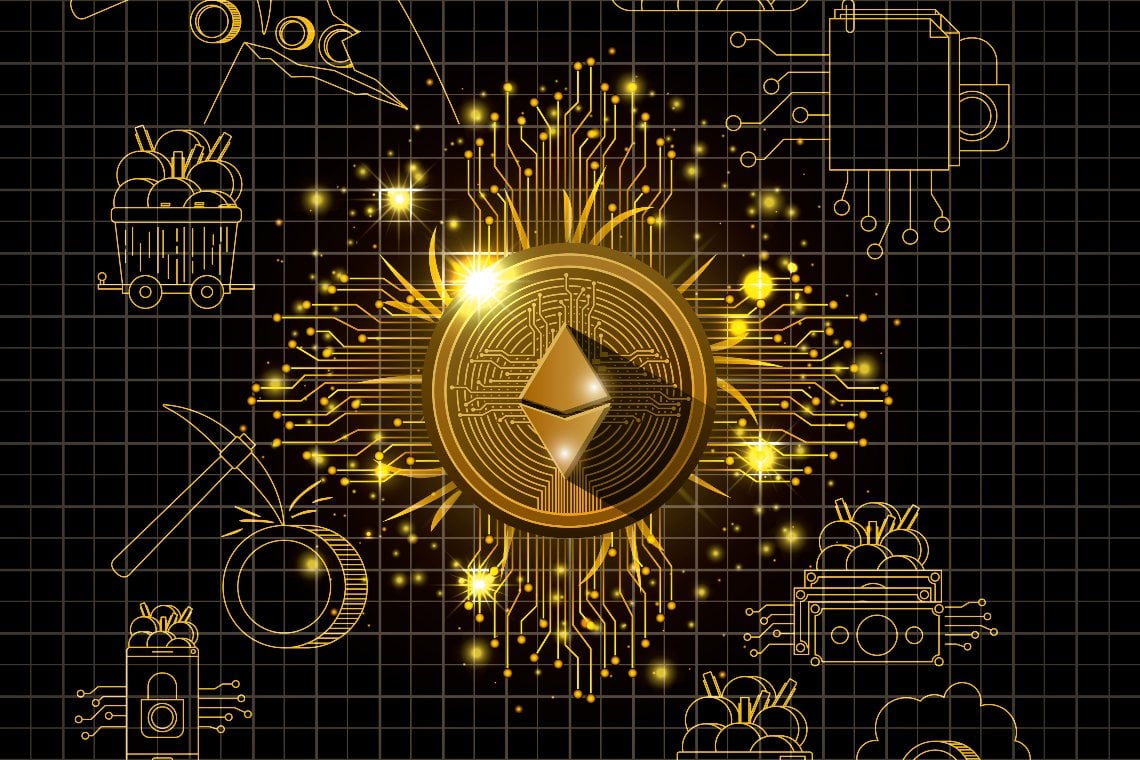The Berlin upgrade should be launched on the Ethereum mainnet on April 14th, 2021.
It will apply to the 12,244,000th block, which is expected to be mined on April 14th.
However, tomorrow, March 10th, it will be launched on the Ropsten testnet, while on March 17th it will arrive on Goerli and on March 24th on Rinkeby.
The official announcement says that after several months of planning, Berlin is ready to be launched, following Istanbul and Muir Glacier already released in recent months.
Ethereum nodes will need to be upgraded to the new Berlin-compatible version before April 7th, since, due to block time variability, it is advisable to upgrade several days before the scheduled date.
This update introduces as many as four EIPs on the Ethereum mainnet, namely:
- EIP-2565, which reduces the cost of ModExp,
- EIP-2929, which increases the cost of gas for certain transactions when first used in a transaction,
- EIP-2718, which introduces a new transaction type to allow easier support for multiple transaction types,
- EIP-2930, which adds a transaction type that contains a list of addresses and keys that the transaction expects to access, to mitigate some of the gas cost increases introduced by EIP-2929.
The name “Berlin” was chosen because after Istanbul the names for planned network upgrades had been exhausted, and it was decided to use the names of the cities where Devcon was held. In fact, Devcon 0 was held in Berlin, while the next update will be called London, which is where Devcon 1 was held.
For users who don’t own a node, and don’t mine, the upgrade means they don’t have to do anything.
The Berlin upgrade of Ethereum
Berlin is a so-called network upgrade in “Ethereum-land”, i.e. a change to the underlying Ethereum protocol that creates new rules to improve the system, so it only requires updating nodes and mining software.
In the meantime, the path to the launch of Ethereum 2.0, at a date yet to be determined, continues slowly. The number of average daily transactions is still high, well over a million, while the median fee per transaction has not fallen below $4, which is in line with that of Bitcoin, for example.




